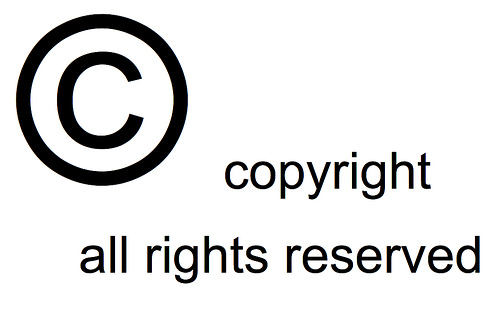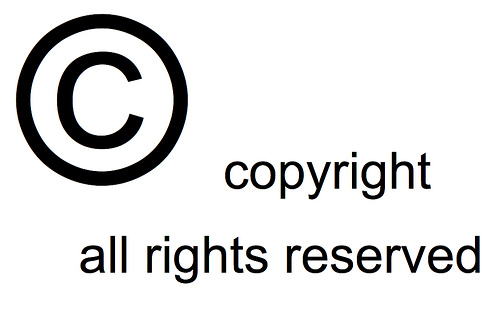- Posted Jan. 4, 2013, 7:10 p.m. - 12 years, 5 months ago
When Can You Use Information Posted On the Web?
So much information is being posted on the Internet. Much of it is spread through social media like Twitter and Facebook.

Some people just copy and paste, while others post links. Still other people combine information from various sources and blog about it. Still others re publish it and often “forget” (on purpose, I bet) to credit the source or sources.
Blogs are often the most heavily used method of spreading knowledge around. I used to be that if you tried to print a blog page (or even a news web page) you might get a lot of pages with advertisements and text that does not even look like the same article with all the “look and feel” changed.
Now, with the advent of PDF printer add-ins for blogs, anyone can save information to a PDF and reuse or republish the information. This is where may people might get into trouble as much of the material is copyrighted.
“Fair use” is often quoted by people using other’s material and they may be correct – to a point. While copyright laws vary from country to country, here are some rule of thumb suggestions.
Publications that are available to the public created by the government are fair game for use. You can reuse the information, include it in your publication and even make money on selling a collection of government publications.
After all, your taxes helped produce those documents. You should be a citizen of that government and the documents should not be restricted, or you could wing up sitting in a jail cell.
If you use publicly-available works for educational purposes in a classroom and are not making money (like a seminar you are charging people to attend) you are probably safe. Handouts in class might be a different story and it is best to check the licensing that the source who owns the copyright on the material requires. May times their licensing requirements involve a link to the original material or a statement attributing the source.
If you are writing an article it is permissible to use short quotes (10 to 20 words) and supply a link to the original source. Do not quote the entire article!
Publications that are in the public domain are usable. Just about any work published before 1923 is ok.
Here is a PDF document Know Your Copy Rights that can give you some guidelines, particularly if you teach for a school or on your own. The Association of Research Libraries put together this brochure, and they used a PDF document.
In the United Kingdom, the Intellectual Property Office is the place to check for the latest laws. In the United States, the U.S. Copyright Office provides a lot of information.
Latest Articles
-
Our latest testimonial for Infix 6
Dec. 19, 2016, 2:40 p.m. -
Most commonly translated Turkish words
Feb. 6, 2015, 9 a.m. -
Merry Christmas & A Happy New Year
Dec. 25, 2016, 8 a.m. -
New Save PDF to SVG feature introduced to Spire.Office
Dec. 23, 2016, 11:54 a.m. -
Editing educational PDFs – a user perspective
July 21, 2014, 8:03 a.m.


